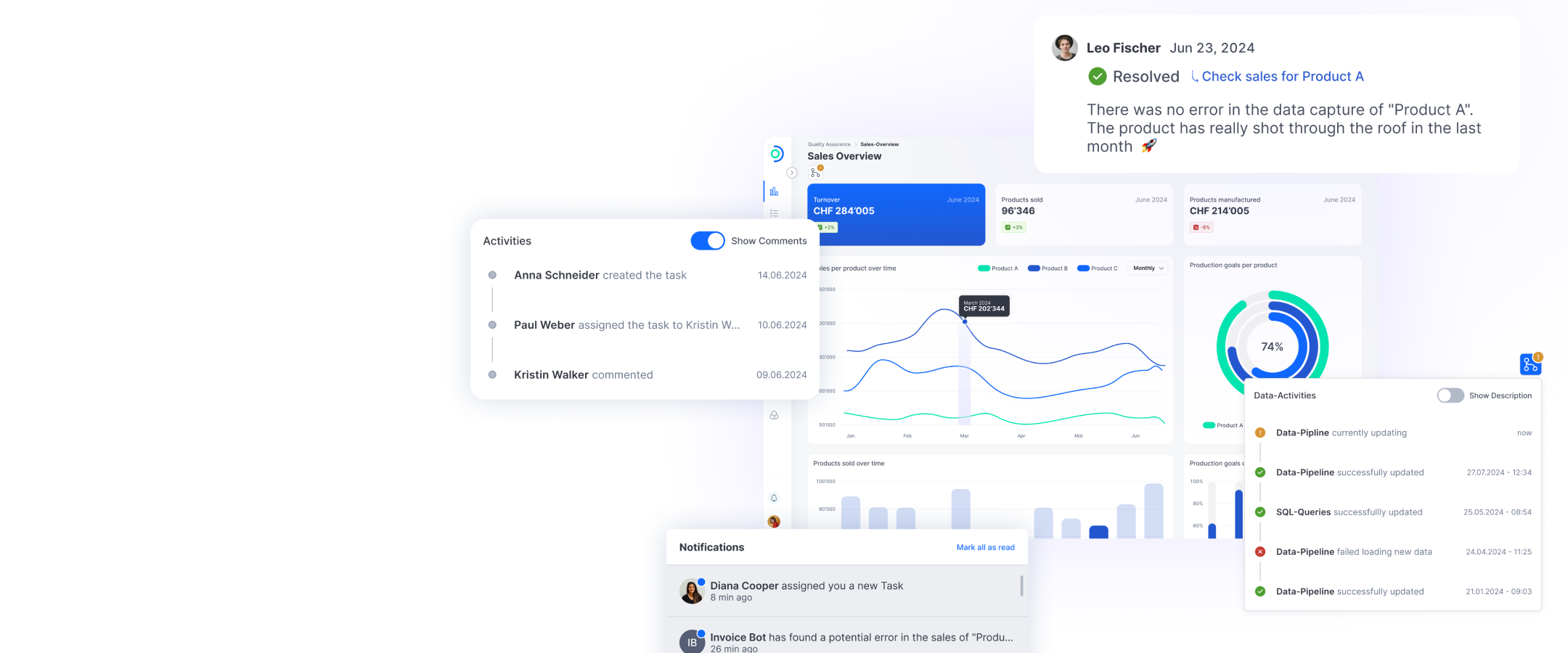From 2027, it will be possible to create and archive documents electronically in Switzerland. Is there still a need for action from a legal perspective?
The Swiss Federal Act on Digitalization in the Notarial Profession (DNG) lays the foundations for public deeds to be drawn up in electronic form and stored in a central digital register of deeds maintained by the Confederation. This infrastructure update is an important step towards fully digitalized business transactions without media disruptions. I am pleased that the final version of the law formulates the basic requirements in a technology-neutral way and that the detailed implementation provisions are regulated at ordinance level. This allows flexibility in the development of technical solutions (perhaps even based on DLT?) and makes it easier to continuously take into account the current state of the art. However, there is still work to be done before fully digitalized business transactions are possible. For example, remote authentication remains difficult, as there is currently no reliable digital proof of identity in Switzerland. Until an electronic ID is available, notaries must find alternatives to verify the identity of the parties involved, e.g. certified ID copies or ID copies signed and delivered live using QES.
Distributed ledger technologies such as blockchains appear to be the ideal solution for taking over the work of notary’s offices. Will notary’s offices be one of the first areas to be fully automated and digitalized?
DLT would definitely lend itself to the secure, transparent, and cost-effective creation and storage of digital documents. However, just as we still have to write or at least create prompts for emails despite the Internet, the use of this technology for the creation and storage of documents in no way replaces the work of notaries. In addition to the mere creation and storage of documents, they are responsible for a variety of tasks that make an important contribution to legal certainty and legal peace. For example, the content of sales contracts or marriage and inheritance contracts must still be drafted and/or checked for compliance with the law in each individual case. It is also the responsibility of the notary to ensure that the parties involved are aware of the content and obligations and the scope of the respective transaction when concluding important legal transactions such as the purchase of real estate or inheritance contracts. A digital register cannot perform these important functions.
The digital land register has been online in the canton of Zurich since last summer — and in the canton of Bern since mid-2020. Are there any other digital registers?
Based on a motion by member of the Council of States Beat Rieder, efforts are currently underway in Parliament to modernize the retention of title register. At present, the retention of title must be entered in a non-digital register at the debt enforcement office at the debtor’s place of residence or registered office. In the event of a change of residence or registered office, the entry must be updated in the register of the new responsible debt enforcement office in order to remain valid. It is clear that a revision is necessary. However, as Managing Director of the Swiss Leasing Association, I am advocating a more comprehensive revision of chattel mortgage law and the creation of a national digital chattel register. Instead of land, which is entered in the land register, rights to property, e.g. ownership or liens, could be entered in the chattels register if required. This would create additional opportunities for securing ownership and make access to financing easier or more favorable for SMEs.



